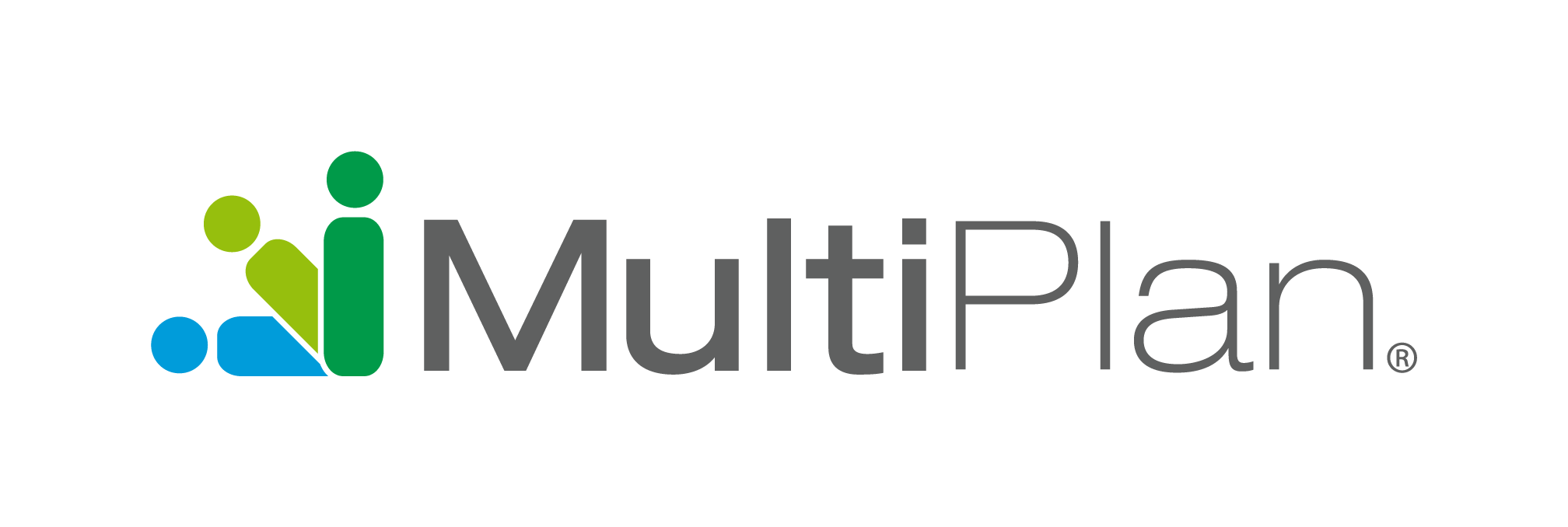At the end of April 2023, a little more than a year after launching the No Surprises Act (NSA) Independent Dispute Resolution (IDR) Portal, the Departments of Health and Human Services (HHS), Labor, and Treasury (the Departments) gave an update on the federal IDR process for the period from April 15, 2022 through March 31, 2023, along with an initial report on the fourth quarter of 2022.
Highlights
Below is a summary of the highlights for the period from April 15, 2022-March 31, 2023:
- Disputing parties initiated 334,828 disputes through the federal IDR portal, which is fourteen times as many cases as the Departments initially estimated the caseload would be annually.
- The non-initiating party challenged the eligibility of 122,781 of these disputes. Note that regardless of whether the eligibility of a dispute is challenged, the IDR entity must confirm eligibility before a dispute can start.
- IDR entities closed 106,615 disputes as of March 31,2023, more than four times the volume the Departments initially estimated for a calendar year.
- Reasons disputes are closed include payment determinations, the parties withdrawing a dispute or reaching a settlement outside the IDR process, and unpaid fees.
- Of the disputes closed during this period, 39,890 were determined ineligible – about 37%.
- Payment determinations were made for 42,158 disputes, less than 15% of disputes initiated.
- In disputes where a payment determination was made, IDR entities ruled for the initiating party in approximately 71% of the disputes.
MultiPlan’s Learnings from the Report
- Non-initiating parties believe that many disputes are not eligible for federal IDR. The number of disputes that non-initiating parties would like to challenge is far more than reported by CMS because in many instances, payers are unable to identify eligibility objections within 3 business days of receipt of the IDR notice.
- Determining eligibility is a time-consuming process for IDR entities and non-initiating parties.
- When an IDR entity makes a payment determination on the merits, it has more often than not been for the party who initiated the dispute. Strategically, it is critical that non-initiating parties quickly identify and assert eligibility objections as a sizable number of disputes are closed based on ineligibility.

